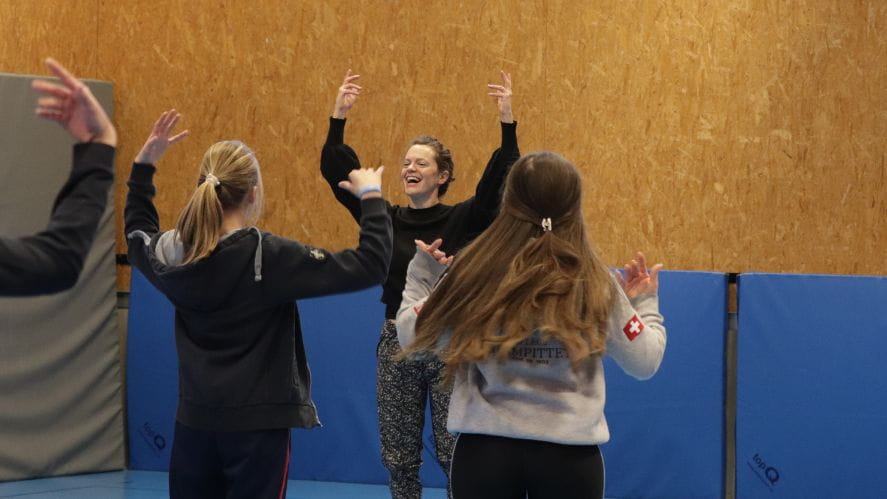News
 News | Message from the Head of School
News | Message from the Head of School News | Collège Champittet News
News | Collège Champittet News Blog | Our Blog | Collège Champittet News
Blog | Our Blog | Collège Champittet News News | Collège Champittet News
News | Collège Champittet News Blog | Our Blog | Collège Champittet News
Blog | Our Blog | Collège Champittet News Blog | Our Blog
Blog | Our Blog News | Collège Champittet News
News | Collège Champittet News News | Collège Champittet News
News | Collège Champittet News News | Collège Champittet News
News | Collège Champittet News